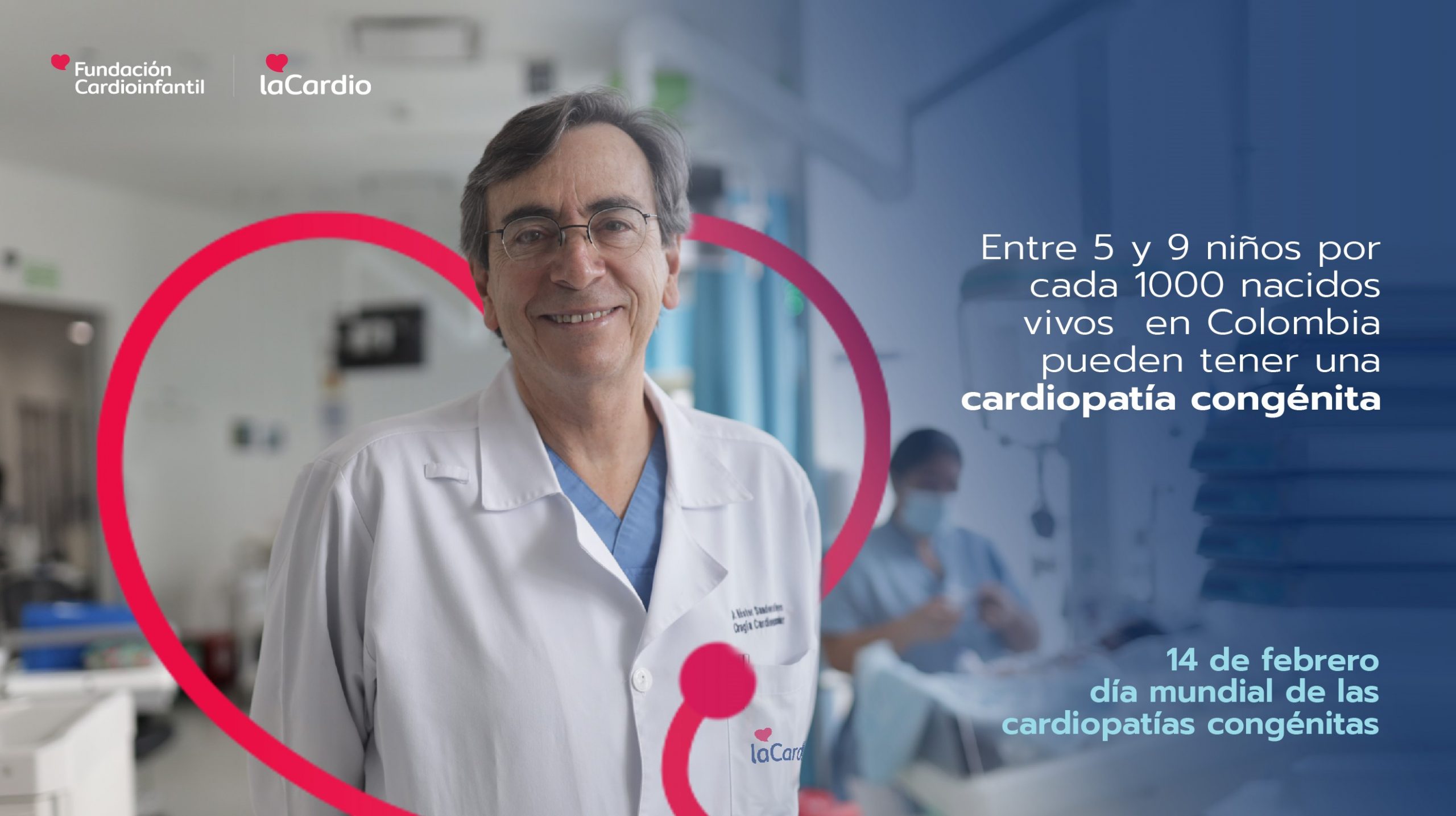“Regale una Vida” a successful social program for underprivileged children with congenital heart disease in a middle-income country

Néstor Sandoval1^, Tomas Chalela1^, Ivonne Pineda2, Martha Reyes3, Miguel Ronderos4, Alberto García4
1Department of Pediatric Cardiac Surgery, Fundación Cardioinfantil – Instituto de Cardiología, Bogotá, Colombia; 2Department of Epidemiology Cardiac Surgery, Fundación Cardioinfantil – Instituto de Cardiología, Bogotá, Colombia; 3Division of Pediatric Cardiology, Intensive Cardiac Care, Fundación Cardioinfantil – Instituto de Cardiología, Bogotá, Colombia; 4Division of Pediatric Cardiology, Pediatric Cardiac Interventionism, Fundación Cardioinfantil – Instituto de Cardiología, Bogotá, Colombia
Contributions: (I) Conception and design: N Sandoval, T Chalela; (II) Administrative support: None; (III) Provision of study materials or patients: N
Sandoval; (IV) Collection and assembly of data: I Pineda; (V) Data analysis and interpretation: I Pineda; (VI) Manuscript writing: All authors; (VII) Final approval of manuscript: All authors.
Correspondence to: Nestor Sandoval, MD. Department of Pediatric Cardiac Surgery, Fundación Cardioinfantil – Instituto de Cardiología, Bogotá,
Colombia. Email: nsandoval@lacardio.org.
Introduction
More than 135 million children are born every year worldwide, and about 4 million will die during first month of life. With an estimated prevalence of 4–9.6 cases/1,000 live births, congenital heart disease (CHD) accounts for 1.3 million cases, and unfortunately more than 261,000 deaths every year (1,2).
Around 40–70% of CHD patients will require surgical treatment during the first year of life, but due to socioeconomic conditions and lack of adequately trained medical teams in low- and middle-income countries (LMIC) many patients will die without receiving appropriate surgical procedures. Besides, those who do not get early care will experience the consequences with significant disabilities, even those with simple and fixable conditions as atrial or ventricular septal defects (3).
According to Unger (4), in 1995 the number of cardiac surgeries worldwide was 169/1 million inhabitants but very poorly distributed around the globe: 1,222 in USA, 786 in Australia, 569 in Europe, 147 in South America and 37, 25 and 18 in Russia, Asia and Africa respectively. The total number of procedures has increase in the last 2 decades, but primarily in developed countries and the relation with LMIC has been steadily. Nowadays around 2,500 surgeries/million/year are made in the USA and 1,200/million/year in some European countries like Germany (5). In pediatric cardiac surgery it is estimated that between 80 to 100/million inhabitants or 8–10/1,000 newborns/year surgical procedures are needed. In South America in 2007 were performed 44/million and it decreased to 42/million according to the last survey in 2016, due to a decrease of procedures especially in Venezuela (6). In the rest of the LMIC the rate of surgeries has remain stable, but due to increase in birth rate and the difficulty to open new state-of-the-art medical centers it is estimated that around 90% of patients with CHD around the world lack access to surgical care (7).
Conclusions
Covering the costs of surgical treatment for patients with CHD is and will always be a big challenge for governments in LMIC, and NGOs organizing surgical journeys can provide only temporal solutions.
“Regale una vida” is a successful example of a safe, highly effective and reproducible social program, showing a permanent solution, benefiting a big number of CHD patients, especially those with low resources, located in rural areas far from big hospitals.
Read more: https://asj.amegroups.com/article/view/60047/html

